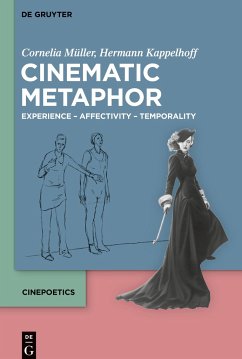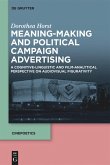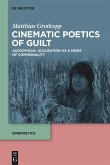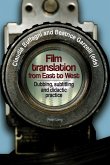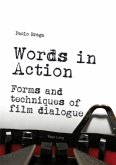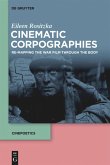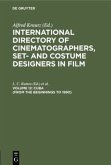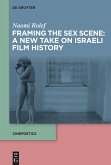Metaphors in audiovisual media receive increasing attention from film and communication studies as well as from linguistics and multimodal metaphor research. The specific media character of film, and thus of cinematic metaphor, remains, however, largely ignored. Audiovisual images are all too frequently understood as iconic representations and material carriers of information. Cinematic Metaphor proposes an alternative: starting from film images as affective experience of movement-images, it replaces the cognitive idea of viewers as information-processing machines, and heals the break with rhetoric established by conceptual metaphor theory. Subscribing to a phenomenological concept of embodiment, a shared vantage point for metaphorical meaning-making in film-viewing and face-to-face interaction is developed. The book offers a critique of cognitive film and metaphor theories and a theory of cinematic metaphor as performative action of meaning-making, grounded in the dynamics of viewers' embodied experiences with a film. Fine-grained case studies ranging from Hollywood to German feature film and TV news, from tango lesson to electoral campaign commercial, illustrate the framework's application to media and multimodality analysis.

